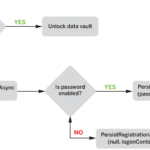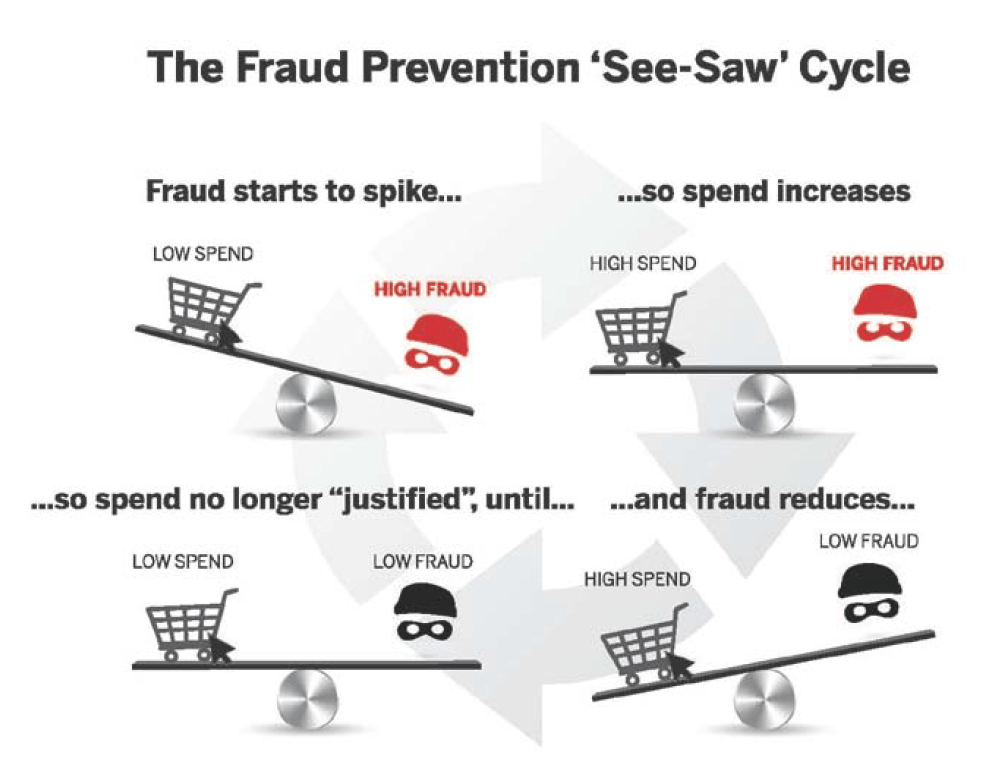In today’s digital age, businesses face a multitude of security threats that can compromise their profits, reputation, and even their existence. From cyber attacks to physical theft, it is crucial for businesses to implement robust security measures to protect their assets. This article explores the importance of security measures and provides insights into different types of security measures that businesses can adopt.
The Importance of Security Measures
The consequences of a security breach can be devastating for businesses. Not only can it result in financial losses, but it can also lead to a loss of customer trust and damage to the brand’s reputation. By implementing proper security measures, businesses can mitigate these risks and safeguard their operations.
Types of Security Measures
There are various types of security measures that businesses can adopt to protect their assets. Some common security measures include:
 What is the registration process on the platform
What is the registration process on the platform- Physical security measures: These include installing surveillance cameras, access control systems, and alarm systems to prevent unauthorized access to physical premises.
- Network security measures: Protecting computer networks from cyber attacks by implementing firewalls, encryption, and intrusion detection systems.
- Data security measures: Ensuring the confidentiality, integrity, and availability of data through measures such as data encryption, regular backups, and access controls.
- Employee security measures: Educating employees about security best practices, implementing strong password policies, and conducting background checks to minimize the risk of internal threats.
Implementing Security Measures
Implementing security measures requires a comprehensive approach. It starts with conducting a thorough risk assessment to identify potential vulnerabilities and threats. Once the risks are identified, businesses can develop a security plan that includes the necessary measures to address these risks. It is important to regularly review and update the security measures to adapt to evolving threats and technologies.
Training and Education for Employees
Employees play a crucial role in maintaining the security of a business. It is essential to provide them with proper training and education on security best practices. This includes raising awareness about common security threats, teaching them how to recognize and report suspicious activities, and educating them on the importance of adhering to security policies and procedures.
Conclusion
Protecting the profits of a business requires implementing robust security measures that address both physical and digital threats. By understanding the importance of security measures and adopting the appropriate ones, businesses can safeguard their assets, maintain customer trust, and ensure long-term success.
Hey! This content may interest you There are age restrictions to participate.
There are age restrictions to participate.Frequent Questions
1. What are the common security threats faced by businesses?
Businesses face a wide range of security threats, including cyber attacks, physical theft, unauthorized access, employee misconduct, and data breaches.
2. How can businesses protect their data from cyber attacks?
To protect data from cyber attacks, businesses can implement measures such as strong firewalls, secure network configurations, regular software updates, employee cybersecurity training, and data encryption.
3. Are there any legal requirements for implementing security measures?
Depending on the industry and location, businesses may be subject to legal requirements regarding security measures. It is important to familiarize yourself with relevant laws and regulations to ensure compliance.
Hey! This content may interest you There are limits to the amount of money I can earn
There are limits to the amount of money I can earn4. How often should security measures be updated?
Security measures should be regularly reviewed and updated to keep up with evolving threats and technologies. It is recommended to conduct regular security audits and assessments to identify any vulnerabilities and make necessary updates.
